Abraham Lincoln
The most revered American president in American history, the most prominent man in the American Civil War (1863). the prophet of peace who freed people and abolished slavery. Abraham Lincoln, the beloved and savior of the American people.
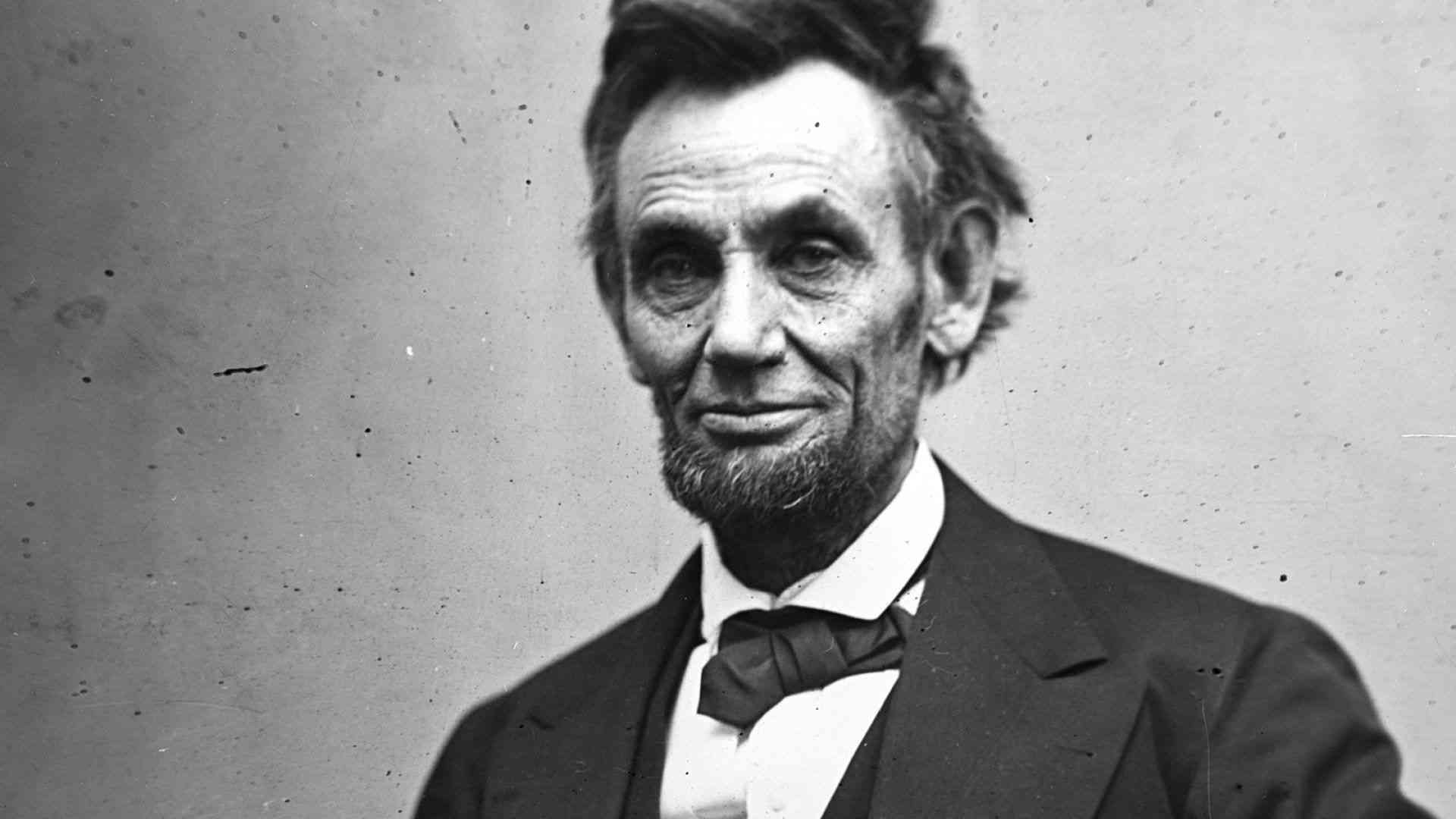
The beginning
On February 12, 1809, in the eastern United States of Kentucky in Hardin County, to be exact, there was a man named Thomas Lincoln working there as a carpenter. Jewish accounts later said that his family name "Lincoln" was the name of the British city from which his "Jewish ancestors" immigrated.On that day, a son was born to Thomas Lincoln, whom he named Abraham. His birth later changed the course of American history.[1]
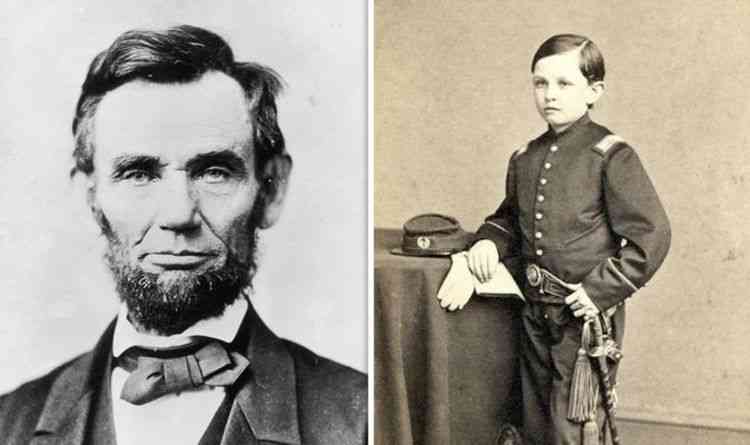
Abraham was an educated child who gathered a good store of knowledge through his reading of a large number of Western books, despite the weakness and limited school education he received in his childhood.
In his youth and during his twenties, he began to study law, with the encouragement of a member of the Legislative Council in the area that Abraham used to live, but he did not obtain a university degree in law.
Lincoln, the waiter
Lincoln was not born with a spoonful of gold in his mouth, and he was not from a wealthy or famous family. As we said, his father was a carpenter, so Lincoln had to work at one stage of his life as a waiter in a bar to be able to secure his daily allowance. Then he moved to work as a merchant By sea transport after moving to New Salem Village in Sangamon County in 1831, but his trade was lost.
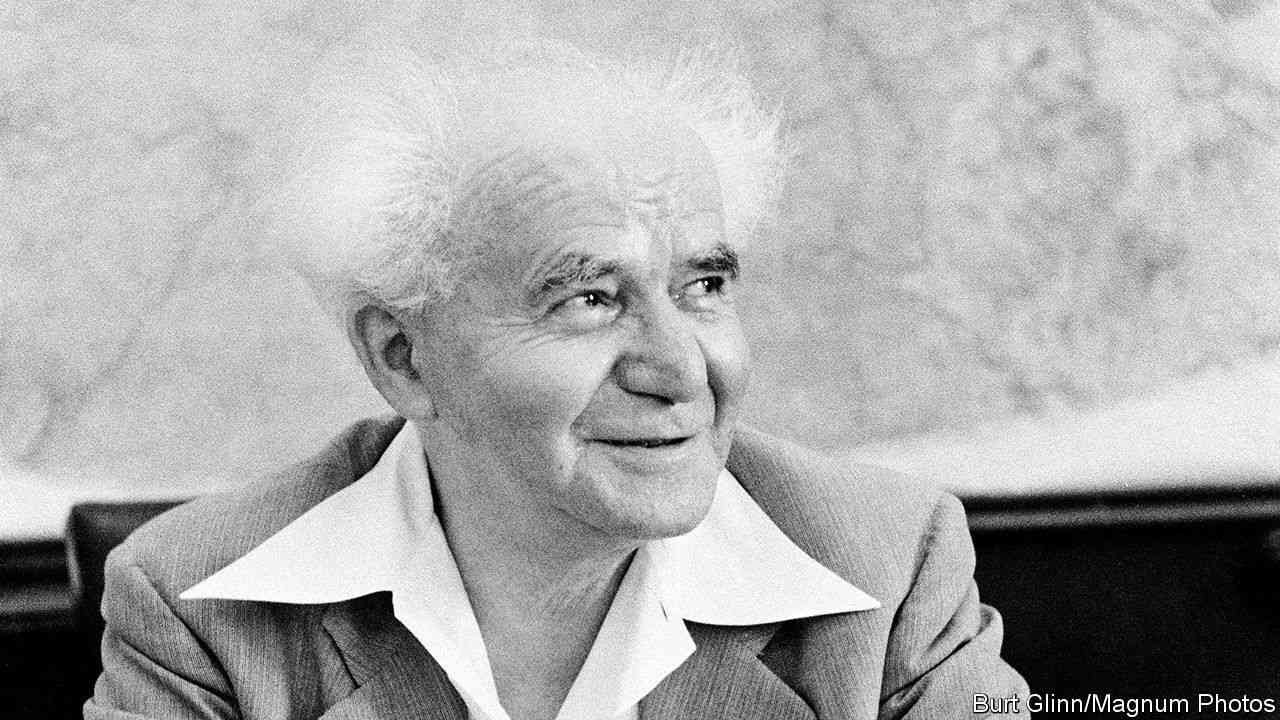
His prominence
Lincoln experimented with his life as a leader for the first time in 1832 but as leader of a militia, not as a leader of the United States. He was elected commander of the Illinois militia during the Black Hawk War against the Red Indians.
Then he went to practice the legal profession, benefiting from his free study of law and obtaining a license to practice it in 1836, so his fame spread through it and dispensed with his work in it.
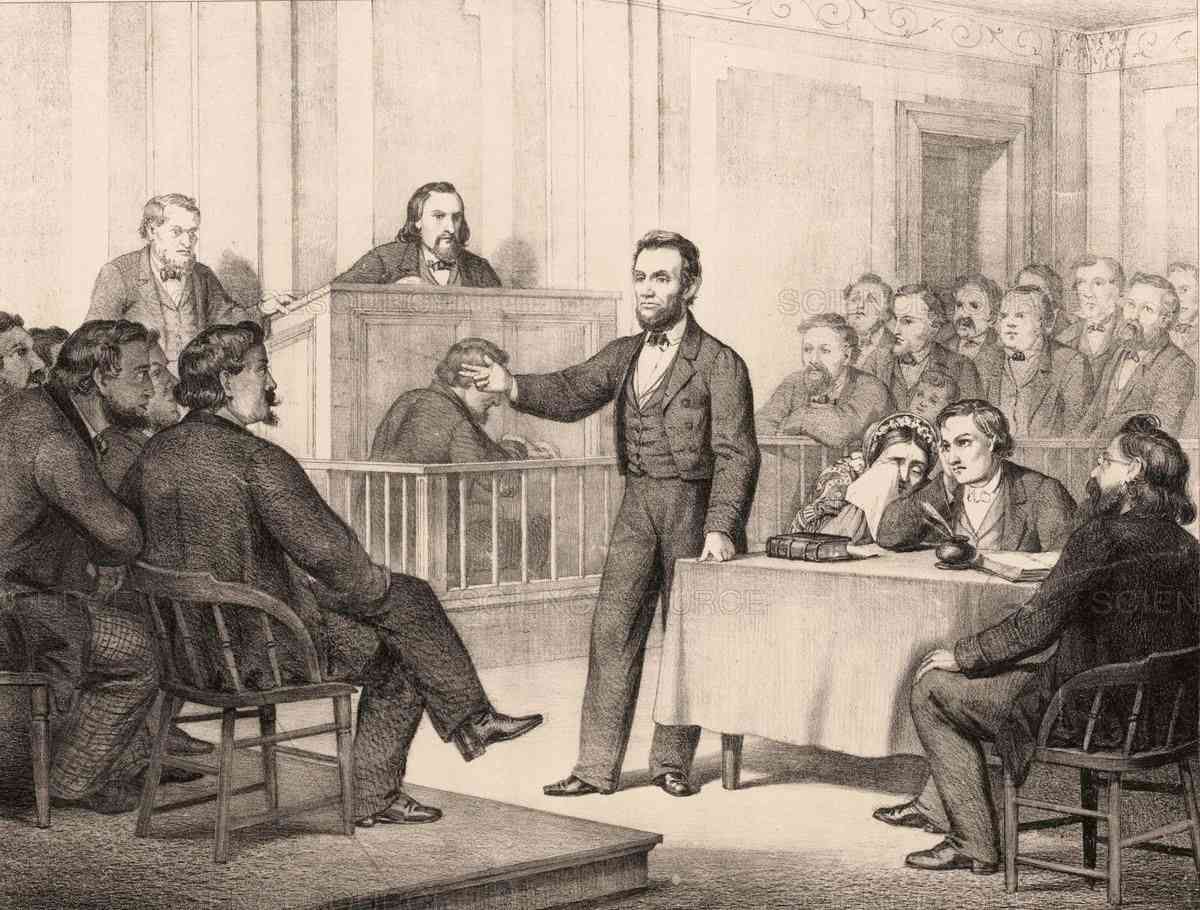
To the presidency of the United States
In 1832, Lincoln ran for the Illinois General Assembly for the right-wing Whig Party, entering the political world as part of the party that was later called the Republican Party.
Lincoln represented Sangamon County in the Illinois House of Representatives in 1836, 1838, and 1840, and in 1856 he joined the Republican Party and became one of its Senate candidates in 1858. Lincoln ran for the Republican Party for the presidency, won it, and became the 16th president of the United States of America.[2]
Lincoln and the Slavery Crisis
Immediately after announcing his victory as President of the Republic, 11 southern states announced their separation from the government and the formation of an independent state. They issued their own constitution due to the fact that the residents of these states supported the continuation of slavery in the country, which was inconsistent with the principles of Lincoln who called for the end of slavery.
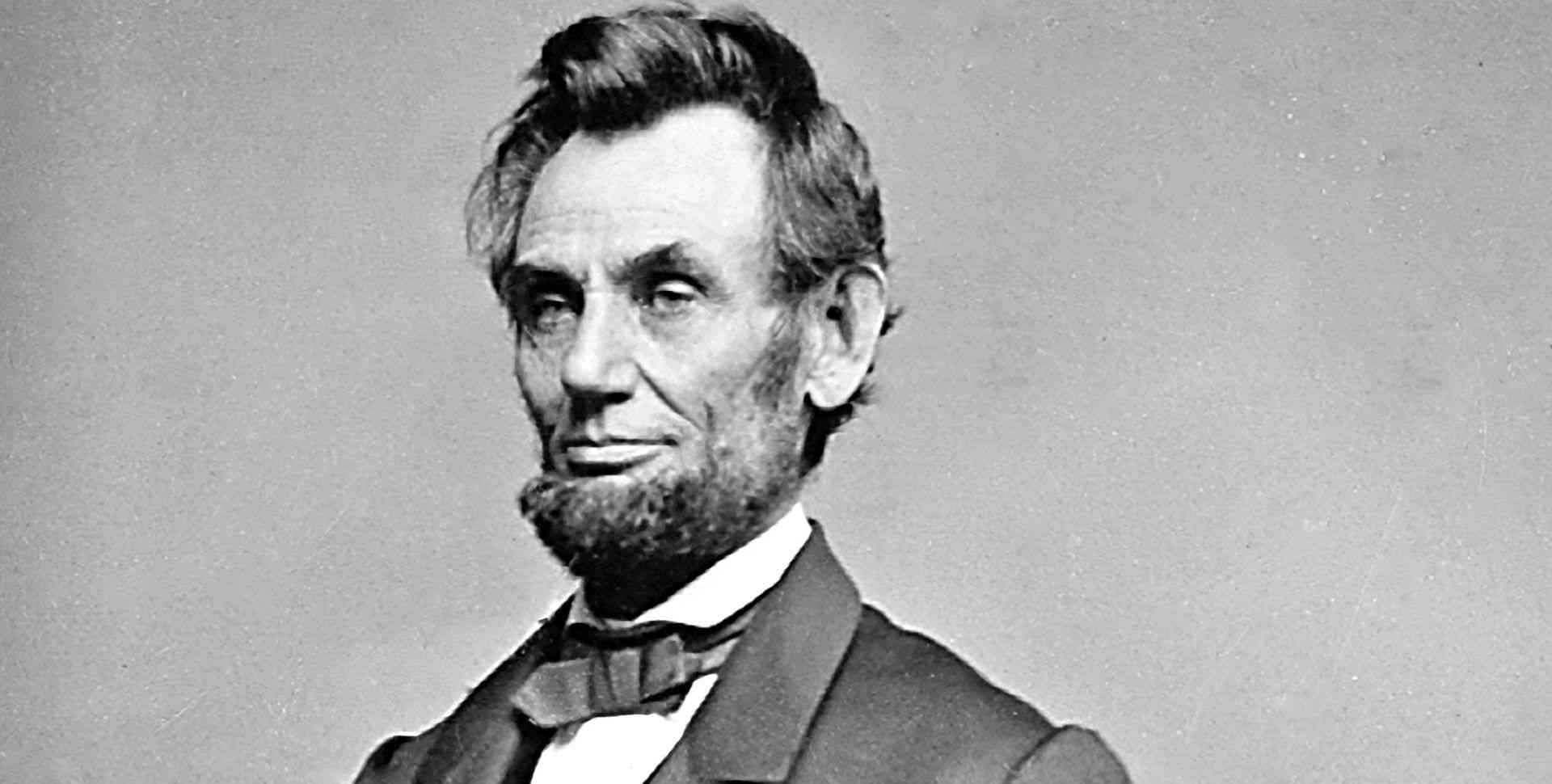
Lincoln delivered his speech on the occasion of his inauguration as president on March 4, 1861, during which he expressed his absolute rejection of the idea of the so-called state of the southern states and considered its constitution invalid as well, and affirmed the unity of the United States.[3]
The toughest challenge
On April 12, 1861, because the Southerners ignored Lincoln's call, a civil war broke out between North and South, which lasted for four years, during which America lost a lot, and ended in May 1865.
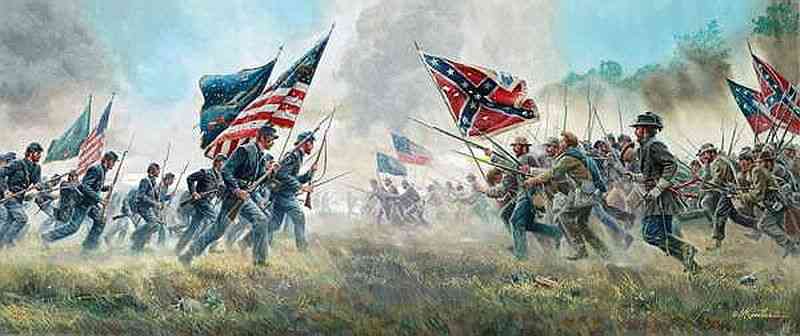
It should be noted that on September 22, 1862, Lincoln issued a proclamation providing for the initial release of slaves from January 1, 1863.
In 1863, he won the presidency again for a second term, but it was not completed.
Lincoln in the minds of Americans
Despite the difficulties that he faced by his political opponents in the House of Representatives, he wrote a name for himself that is eternal in history with his achievements, perhaps the most prominent of which are:
- Restore the separatist states to the central government during the civil war by force of arms.
- Issued the Constitutional Amendment No. 13 to liberate slaves and prevent slavery.
- He called for the participation of women in the electoral vote.
- Unify the banking system.
- The first American president to allow rabbis to work in the army as clerics, and during his rule, for the first time, a Jew was appointed as a consul in the State.
- Black men were accepted into the US armed forces, and the US intelligence service was established.
What was his religious belief?
Researchers, including the Moroccan researcher Dr. Ali El Kettani and the American researcher Brond Kennedy, say that the Lincoln family is from the "Melongons" whose origins are believed to go back to the Muslim immigrants from Andalusia.
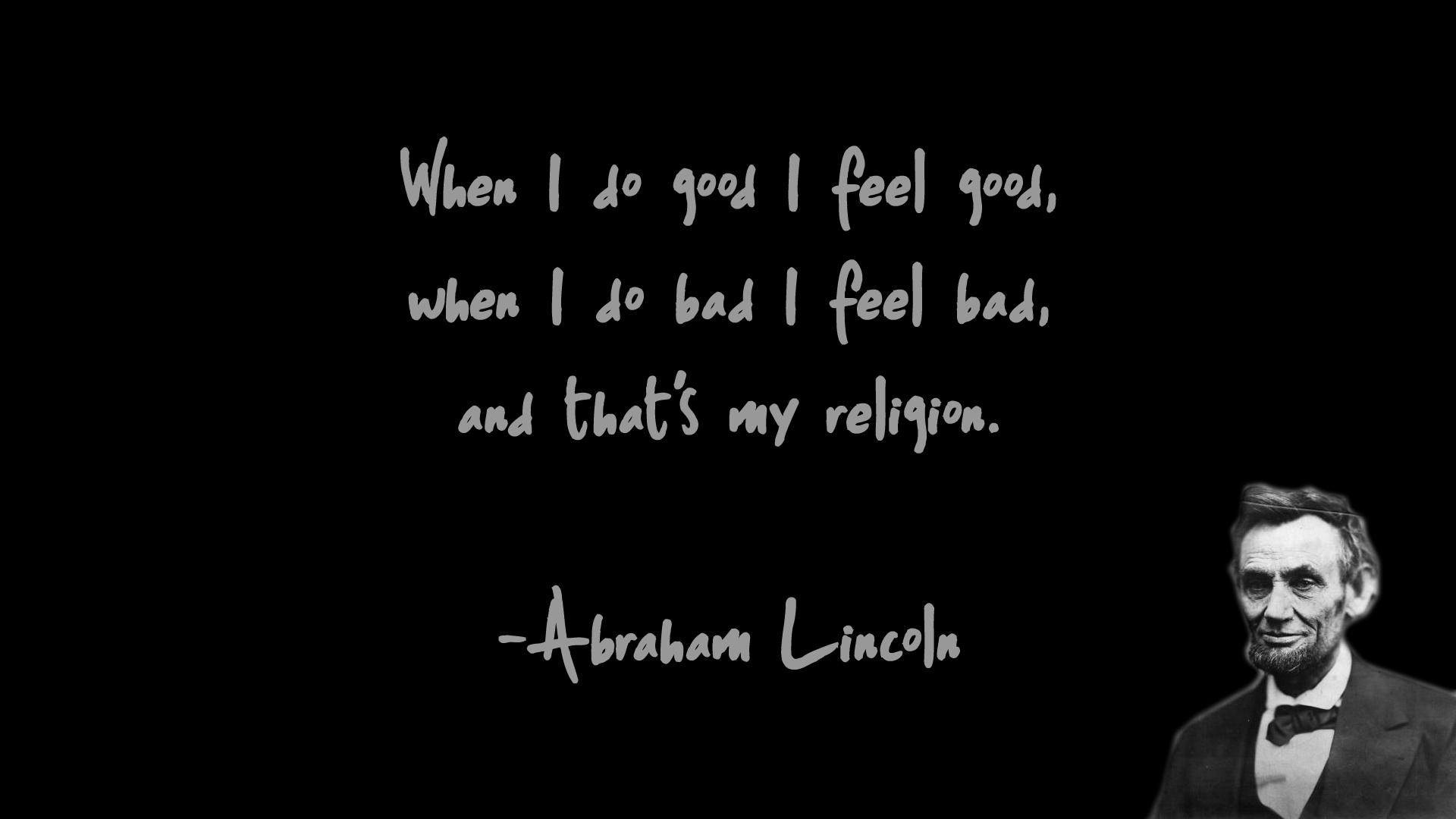
Others cite Lincoln's use of verses from the Holy Qur’an in some of his speeches and some of his decisions that are consistent with the teachings of Islam.
Some have said that he was a Christian. Still, they agree that he was not a religious person like his parents who kept praying in the Baptist Church, as he had never visited a church since his first youth. He had his own perceptions about the Creator that had nothing to do with religion books, and he remained hesitant between doubts about the existence of God.
Films about Lincoln's life
- The movie "Assassination of Abraham Lincoln"
- "The National Treasure ... The Book of Secrets."
- "Lincoln" (headlined in the Oscars)
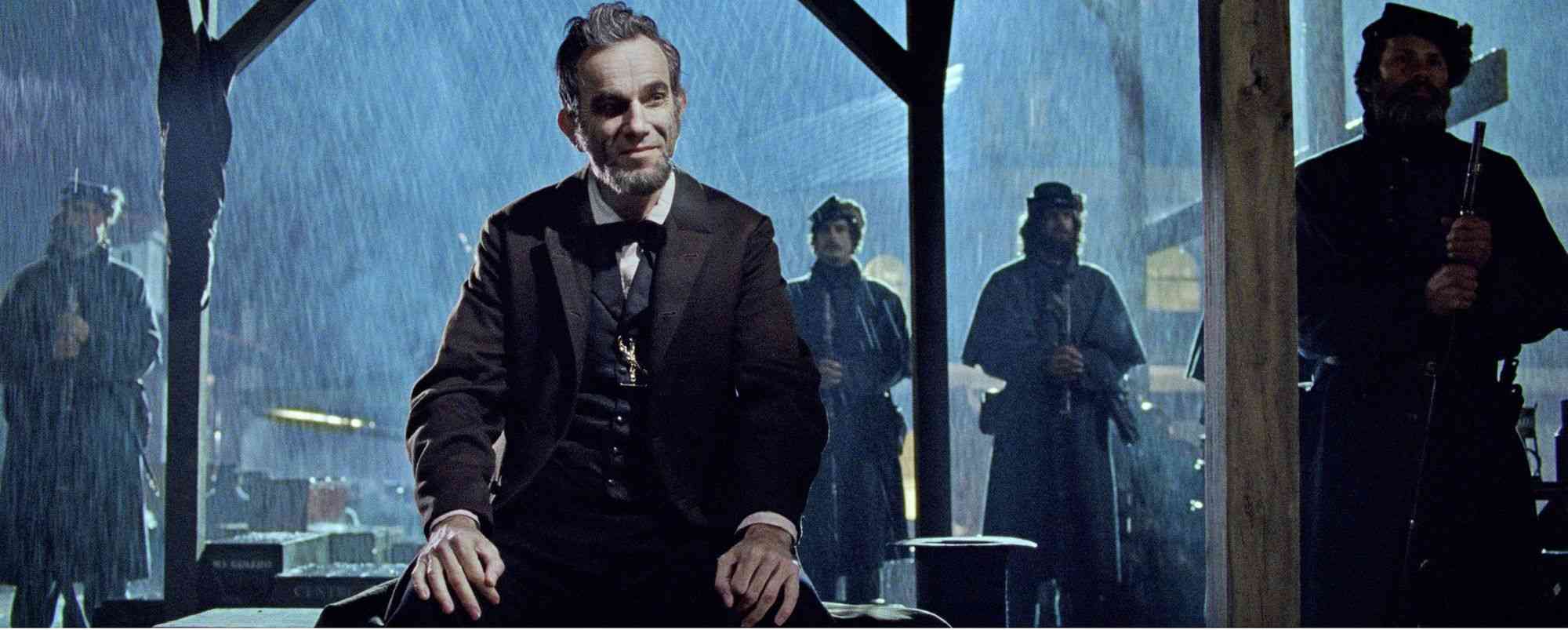
His Assassination
On April 14, 1865, while he and his wife watched the play "American Cousin" at the "Ford Theater," Lincoln was shot in the head that led to his death the next day, becoming the first American president to be assassinated.
Several sources have agreed that the assassination of Lincoln was planned by the Rothschilds Foundation, which was the largest Jewish financial group at the time, in retaliation from Lincoln for the measures he took against its banks. The assassination was carried out by a Jewish person named John Wilkes Booth.[4]
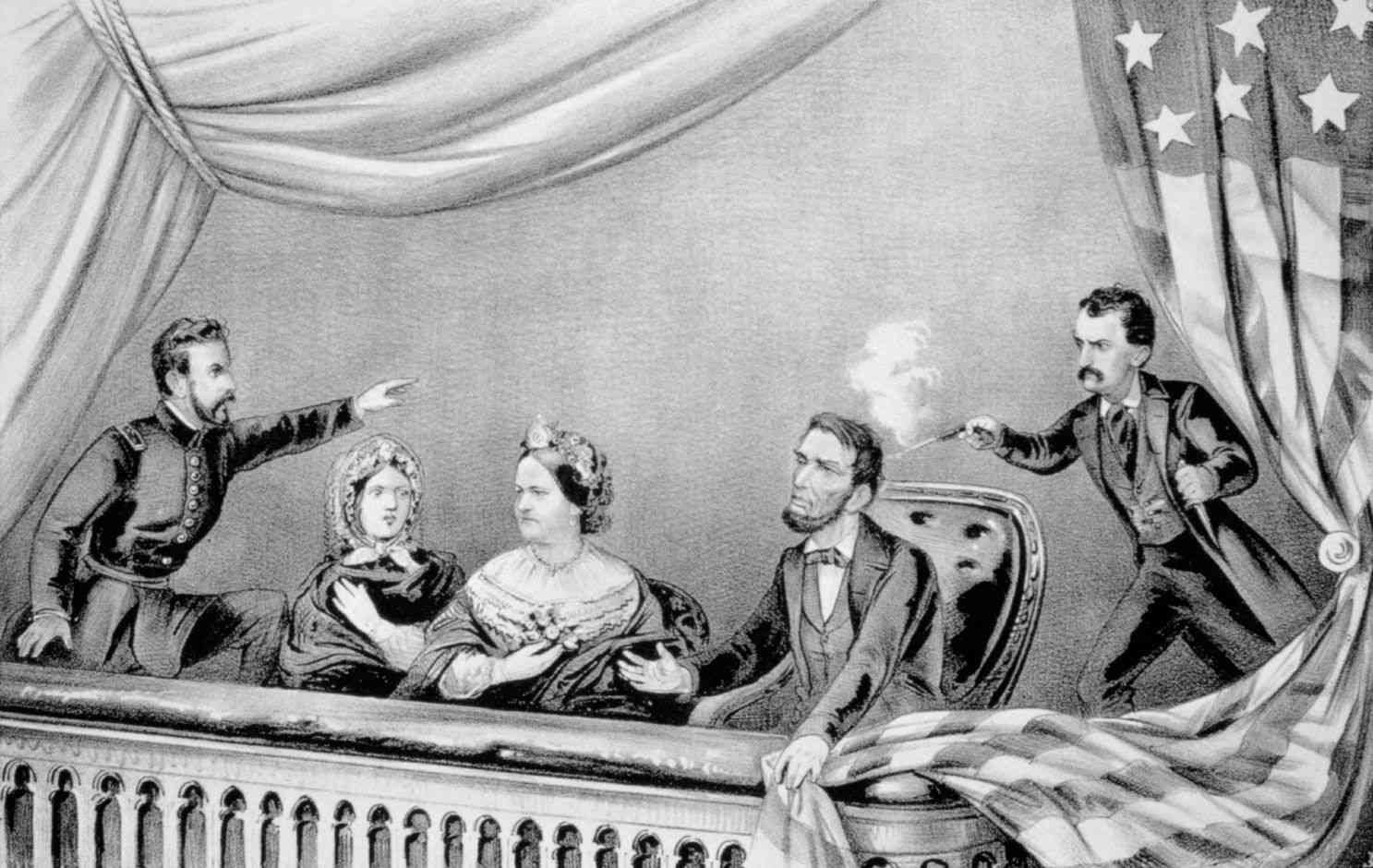
After his death
In 1876 robbers tried to steal his body and demanded a ransom of $ 200,000, and in 1890 a sword that was attached to a soldier’s statue above his grave was taken. In 2011, he was robbed from an unknown person and was subjected to desecration operations, one of which was 1987, when racist cartoons were found on him.
Sources:
[1]The White House"Abraham Lincoln"

[2]Biography , (FEB 12, 2018) , "Abraham Lincoln",Retrieved (Oct 9 ,2020)

[3]Andrew Delbanco (August 11, 2013) , "Lincoln's Long Game , The morally painful road to slavery's end " , Retrieved (Oct 9 ,2020)
[4]HISTORY , (November 13, 2009) , " John Wilkes Booth shoots Abraham Lincoln",Retrieved (Oct 9 ,2020)







